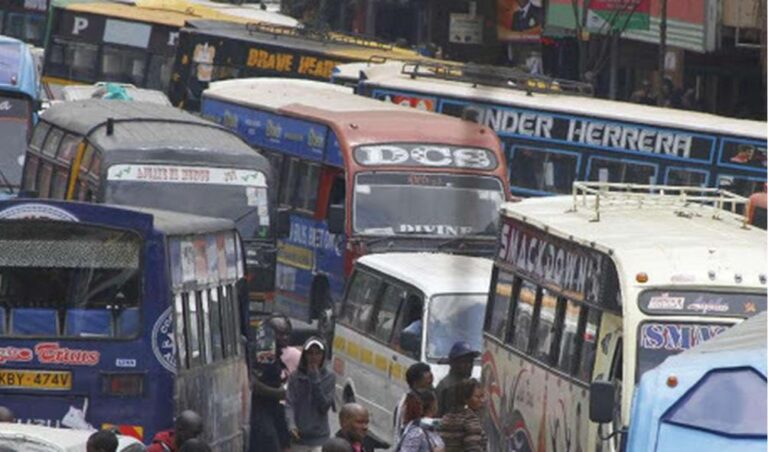National Treasury allocates Sh1billion to TSC for teachers' promotion in the 2023-2024 financial year. The National Treasury has allocated Sh1...
BUSINESS
Kenya seeking new agreement with Tanzania inorder to to avoid a repeat of diplomatic row between the two countries over...
EPRA (Energy and Petroleum Regulatory Authority) closes 13 petrol stations selling adulterated fuel. The 13 petrol stations closed down were...
Ruto administration in a spending shocker sets cash limits to ministries and departments restricting recruitment, promotion, and pay rise. As...
EPRA set to increase fuel prices as 16% VAT takes effect following the passing of finance bill 2023. Brace for...
Boni Khalwale, Ruto ally tells Treasury to deny Raila and Azimio coalition principals their monthy pension over tax boycott plans....
Matatu Owners Association announces natiowide fare hike over increased fuel tax effective from July 1st. On June 28, matatu operators...
Kenya Motorist Association supports Raila's call for carpooling and walking to work over fuel VAT as they disagree with the...
US taxi firm inDrive officially received licence to operate in Kenya to compete with Uber, Little Cabs, and Bolt. With...
Former Prime Minister Raila Odinga list seven ways Kenyans can defy Ruto administration over the passing of the finance bill....














